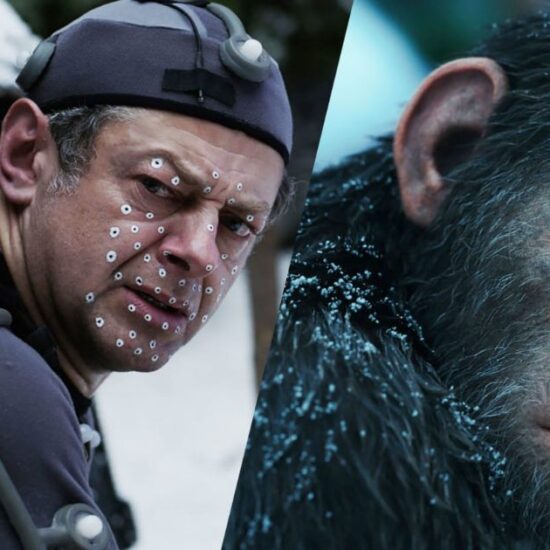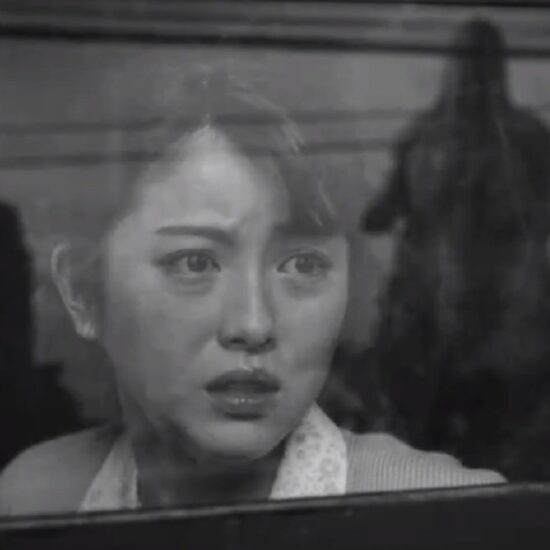If you get involved in discussions about movies, it’s likely that you’ve heard the term “auteur” mentioned before. The word auteur is thrown around a lot in film conversation, but is not explained as often. So, for those who didn’t have to learn about auteur theory at school or elsewhere, the idea can be mystifying. Some may have succeeded in piecing together a vague contextual understanding of the word — you wouldn’t be surprised to hear someone like Quentin Tarantino referred to as an auteur, for example. However, it’s an often misunderstood idea and a proper explanation may be in order.
Auteur theory is also hotly debated. In many ways, it’s a sought-after label, a great honor. It implies a director has a singular and impressive vision. But not everyone sees it that way. It’s a term that takes an individualistic look at film production, arguing that the auteur is almost solely responsible for the outcome of the movie. So, if you’re someone who has left conversations wondering what on earth an auteur is, this one’s for you. Here’s a crash course in the basics of what auteur theory is, who might be called an auteur, and what the debates around the term are.
What Makes Someone an Auteur?
The term auteur comes from the French word for author. When a director is referred to as an auteur, it’s not about having written the script of a movie, it is calling them the author of a movie in a grander sense. Labeling someone an auteur insinuates that their distinct artistic vision and control over the movie is so strong that they alone can be seen as the individual responsible for the outcome of the production. Most often, the word describes directors who have an idiosyncratic and recognizable style — like Alfred Hitchcock or David Lynch.
As you might imagine from the name, auteur theory originated in France in the 1950s. The theory developed from an idea posited by Francois Truffaut, who argued that many directors were simply adapting novels into movies without exerting any influence on the text. This idea suggests that directors who have a visible impact on their movies are superior: they become the author of the movie. The American film critic Andrew Sarris is responsible for popularizing the term among the English-speaking world with an essay, “Notes on the Auteur Theory.”
It was Sarris who devised a set of criteria for what makes an auteur based on Truffaut’s writing. He argued auteurs needed technical competence, distinguishable personality, and interior meaning. With this in mind, directors who would not fit the bill could include those like Michael Bay or James Gunn. They may have distinguishable personality, but a debatable amount of technical competence and definitely lack interior meaning. In contrast, directors who match up to each of those requirements (beyond the usual mentions like Scorsese and Tarantino) include people like Greta Gerwig, Barry Jenkins, and Yorgos Lanthimos.
The Debate Around Auteur Theory
Looking back, Sarris recalls the controversy of auteur theory, saying, “we were so gloriously contentious” (via Roger Ebert). The reason that so many are against this idea is that there are a vast number of people who work on each individual movie, so reducing all authorial credit down to one person is unfair. Director David Fincher, who has been described as an auteur himself, argues against the idea of auteurism: “I don’t ultimately feel that anyone can inform a moment so explicitly, that what everyone is in service to is simply that one person’s idea.”
Auteur theory holds a significant place in film history because it played a huge role in the medium finally being taken seriously as an art form. A significant amount of movies made before the 1950s are lost to us because of this careless attitude toward filmmaking. Therefore, the state of film culture now owes a debt to the theory because it helped us to reach this position of acclaim. However, the fact that it took auteur theory to do this says more about Western values of individualism than it does about the validity of the theory itself. Auteur theory didn’t make movies more valuable because the movies changed, it was simply because Western cultures place so much emphasis on the idea of an individual’s achievement.
Like it or not, auteur theory is firmly planted in conversations around movies and the making of them. It can be an interesting tool when discussing directors whose movies have a distinct style as long it’s not taken too far. Especially when considering that many directors have consistent collaborators in departments like cinematography and scores who they would want to credit above themselves.














